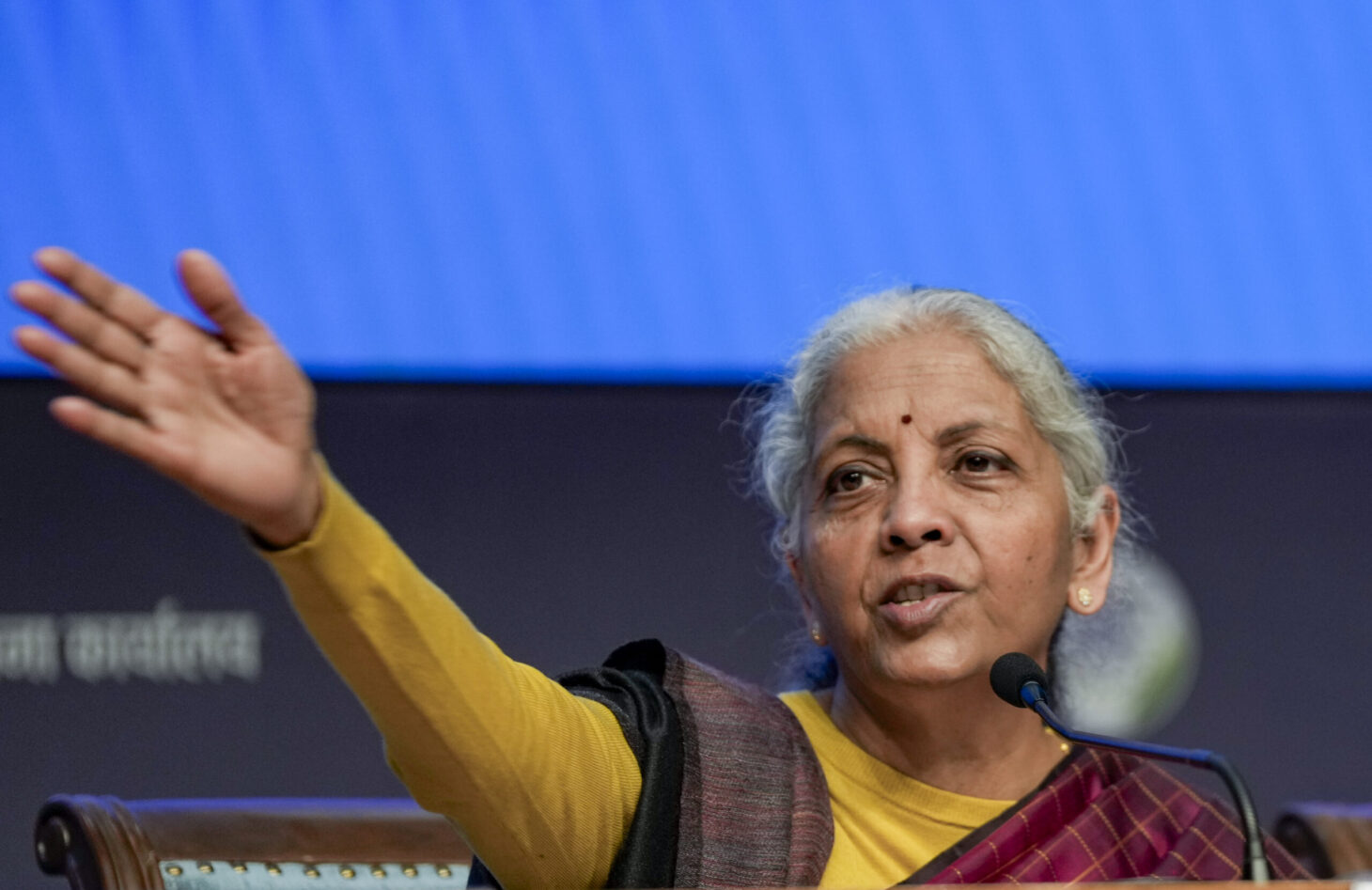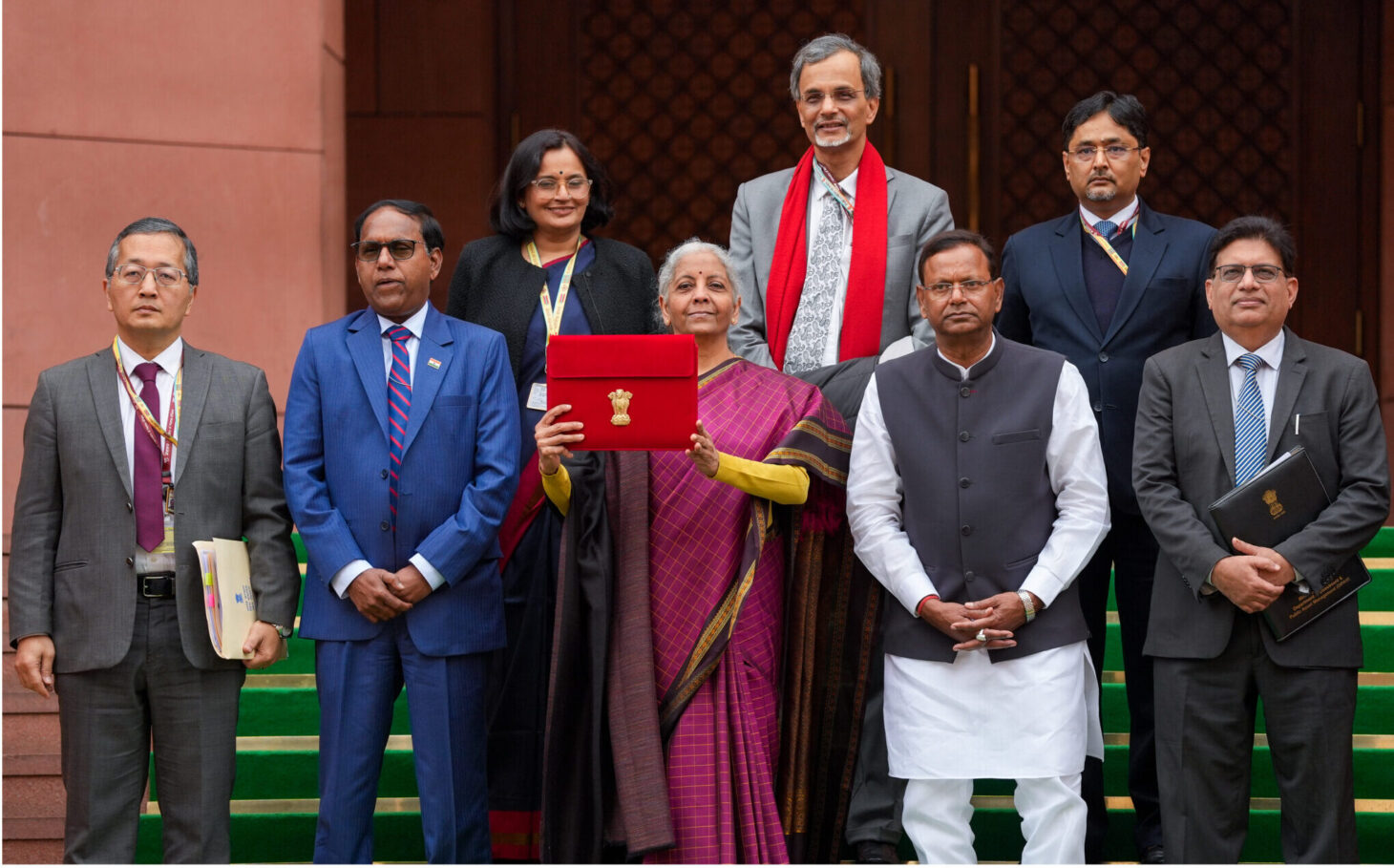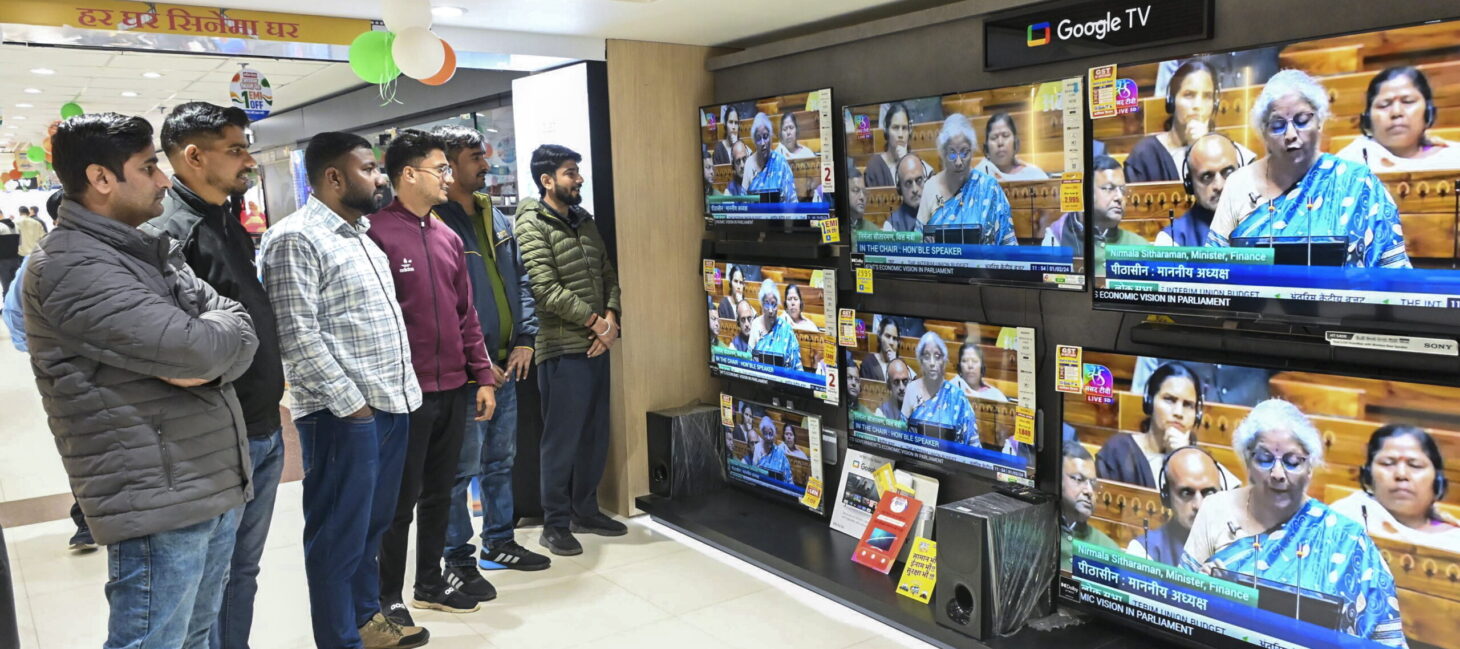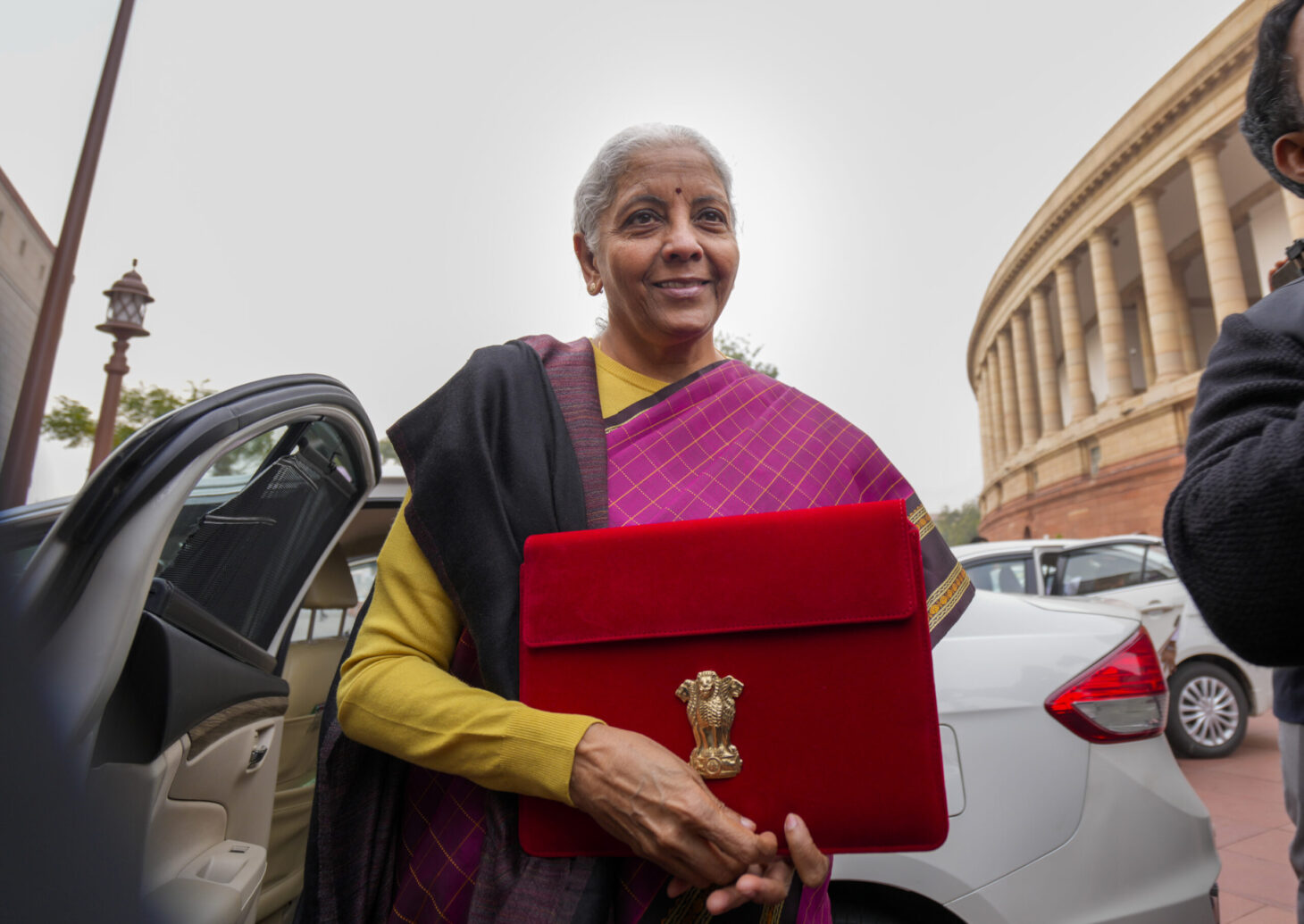The North News
Chandigarh, August 7
The Punjab and Haryana High Court on Thursday granted an interim stay on the Punjab government’s land pooling policy, following a petition filed by Gurdeep Singh Gill challenging the policy’s legality and impact. Speaking to reporters after the hearing, petitioner’s counsel Gurjeet Singh said the court had halted the policy’s implementation and directed the state government to respond within four weeks.
In scathing observations, the High Court raised multiple red flags, questioning the policy’s lack of clarity and due diligence. “If you’re going to take land, how can there be no provision for the landless?” the bench remarked, adding that there was neither a social impact assessment nor an environmental assessment conducted before rolling out the scheme.
The court questioned how the state could proceed without identifying how many people would be affected. “It’s fertile agricultural land, and you’re moving towards urbanisation. Where is it mentioned that fertile land is to be acquired?” the HC asked.
Calling the government’s approach “insane,” the court criticised the absence of preliminary planning. “You can’t uproot people,” it said, adding that the government must first consult stakeholders such as village sarpanches and the Advocate General’s office.
“If concerns are not addressed, big land sharks will come and eat up gullible farmers’ land,” the HC warned, suggesting that the policy, if allowed to proceed unchecked, would trigger a flood of petitions in the High Court.
The Punjab government argued that a social impact assessment wasn’t necessary under the 2006 notification and informed the court of plans to constitute a high-powered committee.
But the court was unconvinced, questioning the urgency behind the policy’s implementation. It also pointed to the thousands of illegal colonies already present in Punjab and asked what steps the government was taking to manage those before launching new urban initiatives.
The matter will next be heard after the state submits its reply within four weeks.
















